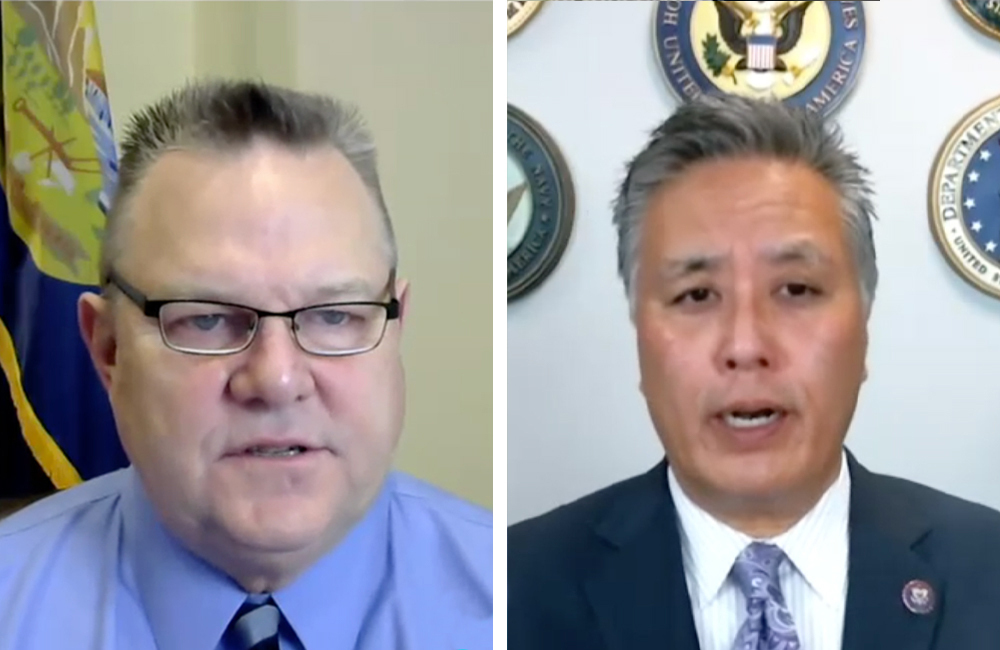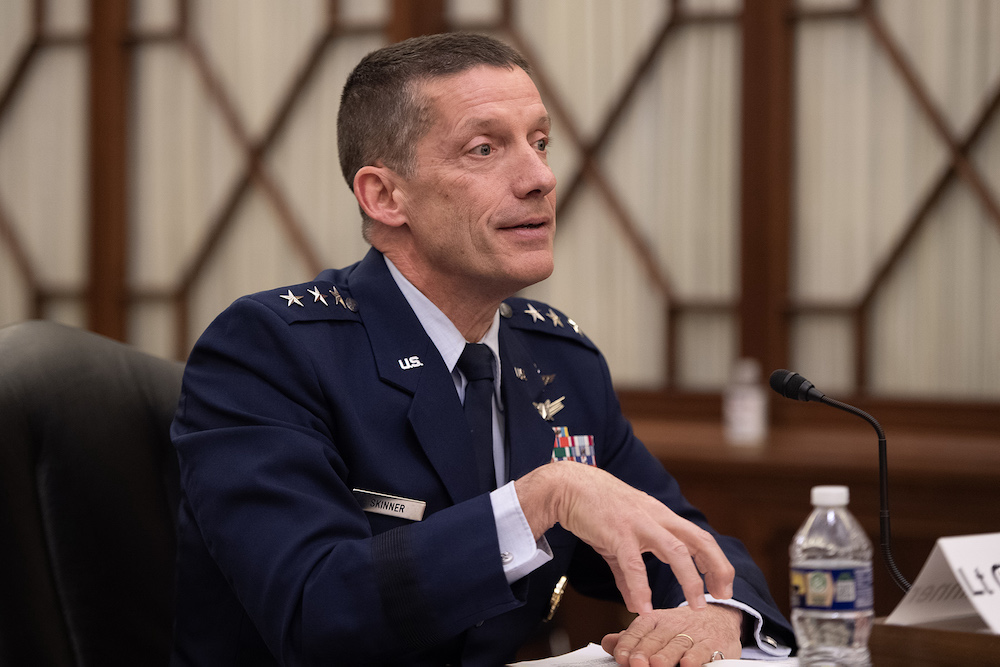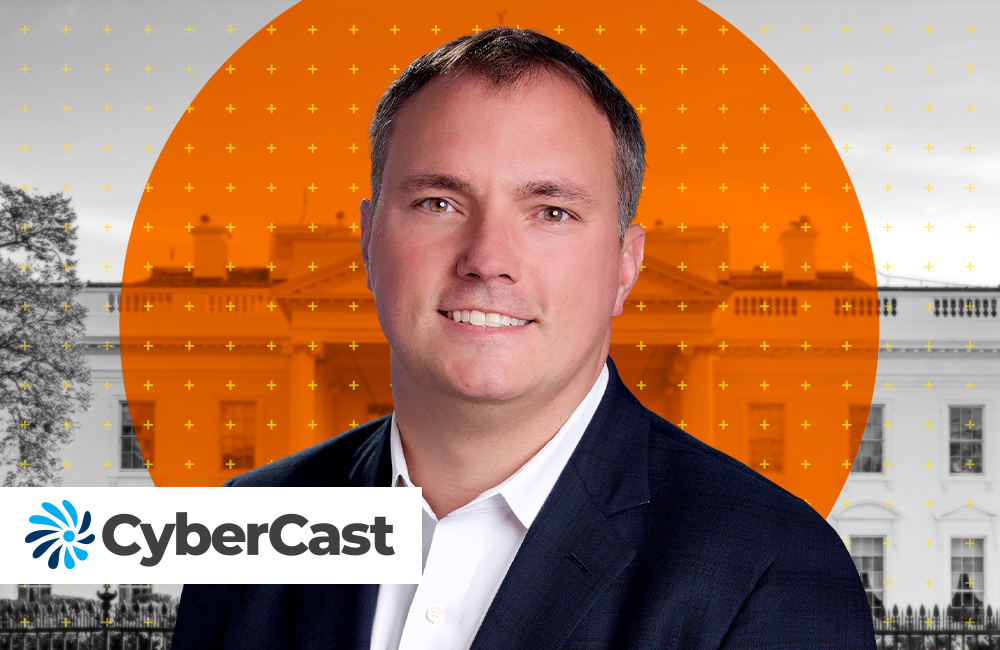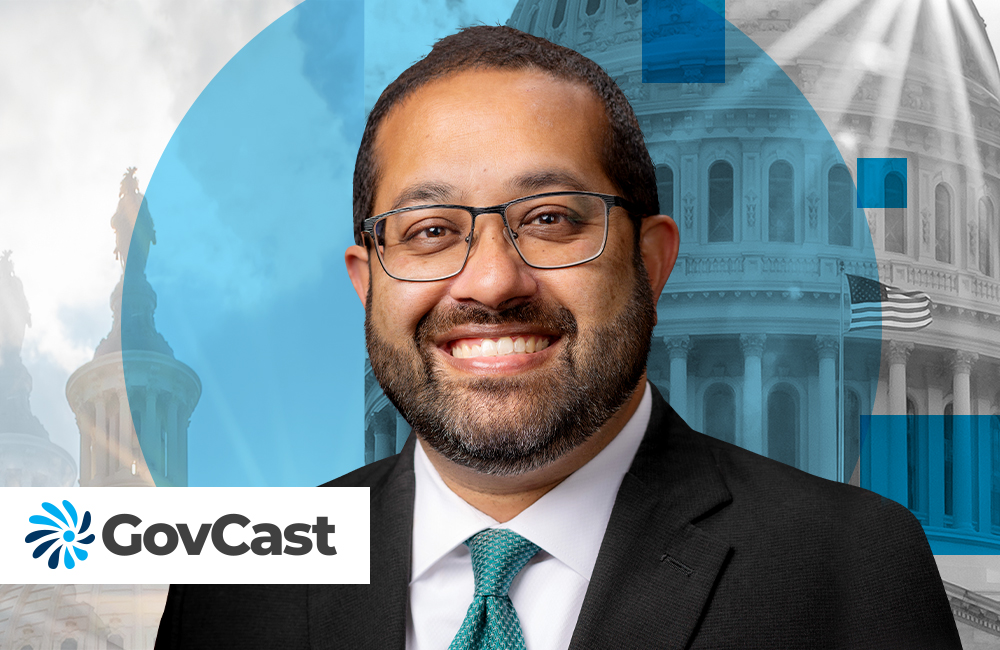Policies Enable Collaborative Pandemic Support For Veteran Health
Senate and House VA leads are working together to tackle veterans mental health care, vaccinations and more.

On the heels of the recently passed American Rescue Plan, policymakers outlined additional funding and legislation that will deliver advanced services to veterans during the COVID-19 pandemic for vaccinations and continued services like mental health support.
Sen. Jon Tester and Rep. Mark Takano, chairmen of the Senate and House Veterans Affairs committees, addressed the efforts policymakers have made in support of Department of Veterans Affairs missions at GovernmentCIO Media & Research’s Enhancing Veterans Care virtual event Thursday.
Tester and Takano outlined how the $17 billion in VA stimulus funding will bolster vaccine distribution and outreach for veterans, especially for those in rural areas. The plan provides funding to reduce the claims backlog, eliminate co-payments, deliver job training assistance to return veterans to the workforce and assist vulnerable veterans.
“We know a lot of veterans have lost jobs … hopefully we’ll see a burgeoning economy as a result of this bold plan,” Takano said. “There was planning in place to make sure that veterans that lost their jobs or insurance to be eligible for VA care. We’re anticipating an uptick in the use of VA for their health care.”
The Save Lives Act, which the Senate passed Wednesday, would offer vaccinations to any veteran who wants one as well as their spouses and caregivers, the congressmen explained.
“We didn’t want to see those veterans turned away,” said Takano, who sponsored the bill.
The chairmen also called attention to the crucial effort around vaccine supply and distribution.
“It’s really important to get those vaccines in the door of the VA so they can get them in the arms of veterans,” Tester said.
In addition to the vaccination efforts, the chairmen shared insight into policies that enable increased support for mental health and suicide prevention efforts, including the Commander John Scott Hannon Act and the The Veterans Compact Act of 2020.
The John Scott Hannon Act, which Tester sponsored and became law in October 2020, will enable building out the infrastructure necessary to reach out to and provide care for veterans not currently receiving counseling within the VA system, will bolster the mental health workforce, and deliver other treatments like support for therapy animals. The legislation aims to help VA prevent suicide and expand mental health treatment.
“This includes everything from destigmatizing mental health problems to making sure we have more folks on the ground to help the people in need,” Tester said. “It’s one thing for Congress to pass the bill. Now we need to get it in the hands of the health care professionals and in the hand of the VA so it can help those in need.”
Takano’s Veterans Compact Act, which became law in December 2020, gives the VA access to a new toolset granting veterans, regardless of eligibility, free access to the department’s mental health hotline that connects veterans to mental health care professionals and services.
“There is no hesitation to call that hotline and get connected with care. The devil is in implementation. Both the Commander John Scott Hannon Act and the Veterans Compact Act are two major improvements in the toolbox that the VA has to use to prevent death by suicide among our veterans,” Takano said.
Telehealth is one of VA’s major advancements the department has made as a result of COVID-19. Takano noted that VA will likely continue to use telehealth beyond the pandemic.
“However, telehealth is not a substitute,” he added. “I will work with the Senate to look at ways to deal with the estimated 55,000 physicians and practitioners we need to train moving forward.”
This is a carousel with manually rotating slides. Use Next and Previous buttons to navigate or jump to a slide with the slide dots
-

DOD Has a New Cyber Resiliency Assessment Program
Defense officials tout the continuous assessment feature and scalability of the new program amid increased cyber threats.
5m read -

Transitioning Systems for Modern Agency Missions
IT modernization is a constant process necessary for improving customer service, mission delivery and collaboration.
40m watch -

Cyber Resilience and Recovery Amid Evolving Cyber Threats
Data durability is a key aspect of NIST’s cybersecurity framework for public and private organizations.
21m listen -

How Tech Enables Environmental Justice at EPA
The agency wants to eliminate bias and establish new tech standards to reduce greenhouse gas emissions.
39m listen




